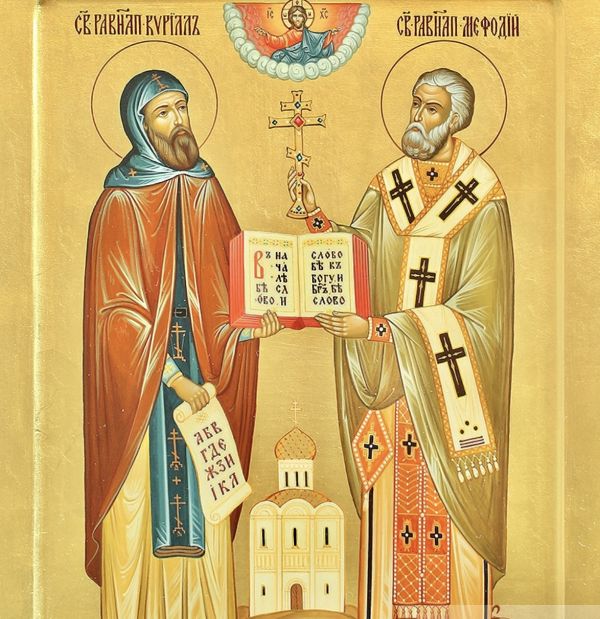«And he sent two by two before him into every city and place where he was about to go» (Lk 10:1).
This passage from the Gospel of Luke was well impressed in the memory of Francis of Assisi and, preparing his brothers for the mission, he expressed it thus:
"In the name of the Lord, go two by two through the streets, with dignity, keeping silence from morning until after the third hour, praying in your hearts to the Lord.
No frivolous and vacuous talk among yourselves, for although you are on the way, your behaviour must be as collected as if you were in a hermitage or in a cell.
Wherever we are or move, we take our cell with us: brother body; the soul is the hermit who dwells in it to pray to God and meditate.
And if the soul does not live serenely and solitarily in its cell, very little use is served to the religious by a cell erected by the hand of man" (FF 1636).
Thus prepared, the brothers went out to announce the Good News.
In the Sources we read again:
"He insisted that the brothers should not judge anyone, nor look down on those who live in luxury [...] for God is our Lord and theirs, and he has the power to call them to himself and to make them righteous [...].
And he added: 'Such must be the behaviour of the brothers in the midst of the people, that whoever hears and sees them, may be led to glorify and praise the heavenly Father'.
It was his fervent wish that both he and the brothers should abound in good works, by which the Lord is praised. And he said:
"The peace you proclaim with your mouth, have it even more abundantly in your hearts.
Do not provoke anyone to anger or scandal, but let all be drawn to peace, goodness, concord by your meekness.
This is our vocation: to heal the wounds, to bind up the broken, to call back the lost.
Many, who seem to us members of the devil, may one day become disciples of Christ" (FF 1469).
The Poor Man of Assisi, before communicating the Word of God to the people, wished for peace, saying:
"May the Lord give you Peace" (FF 359).
This he always announced with great devotion to those who came to him.
And it often happened that, with God's grace, the enemies of Peace and of their own salvation became children of Peace.
Preaching and healing the sick he met, he would say:
«The kingdom of God is at hand» (Lk 10:9).
Many were thus urged to repent and follow Christ and disciple Him.
St Cyril and Methodius, 14 February (Lk 10:1-9)












